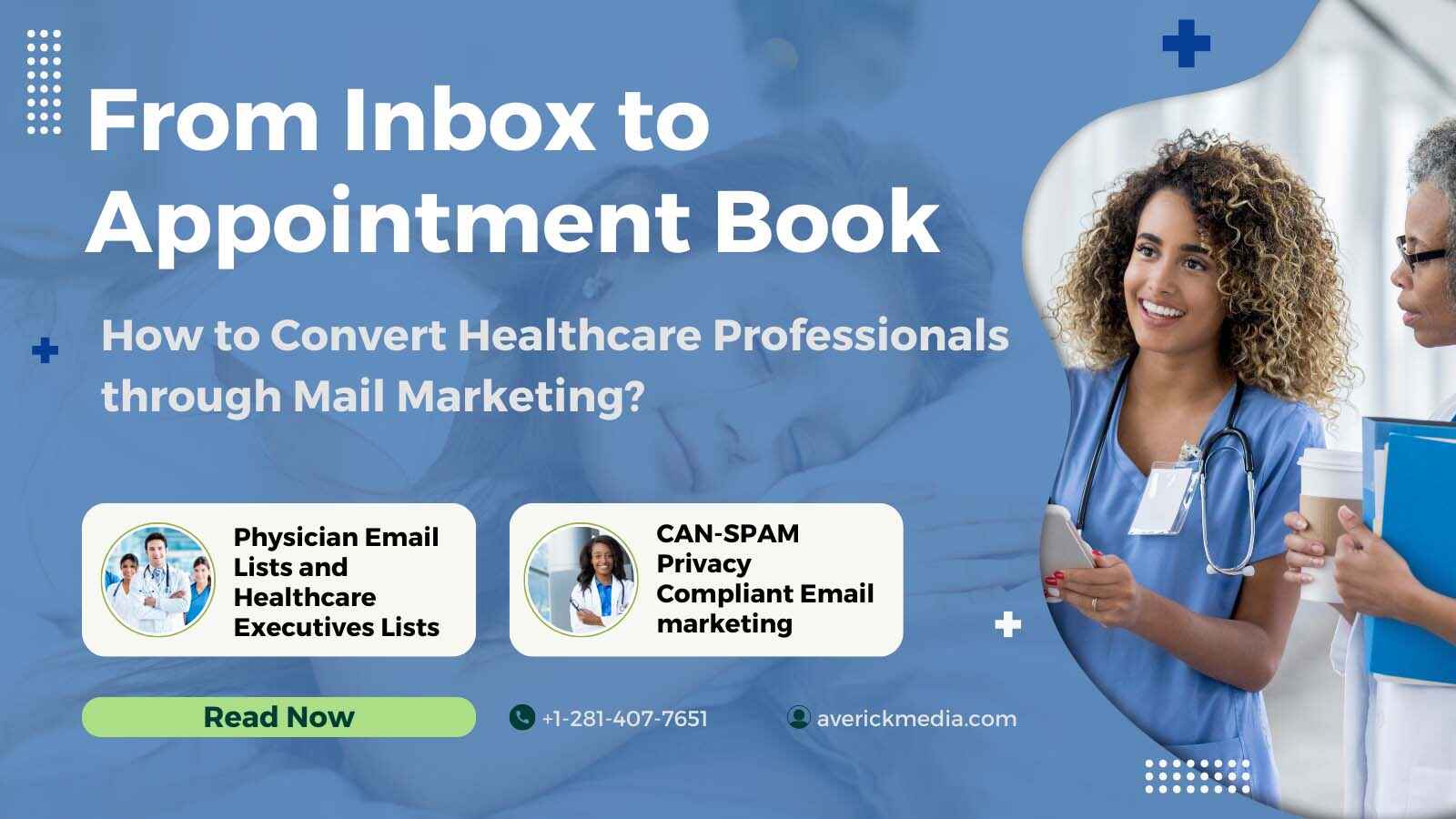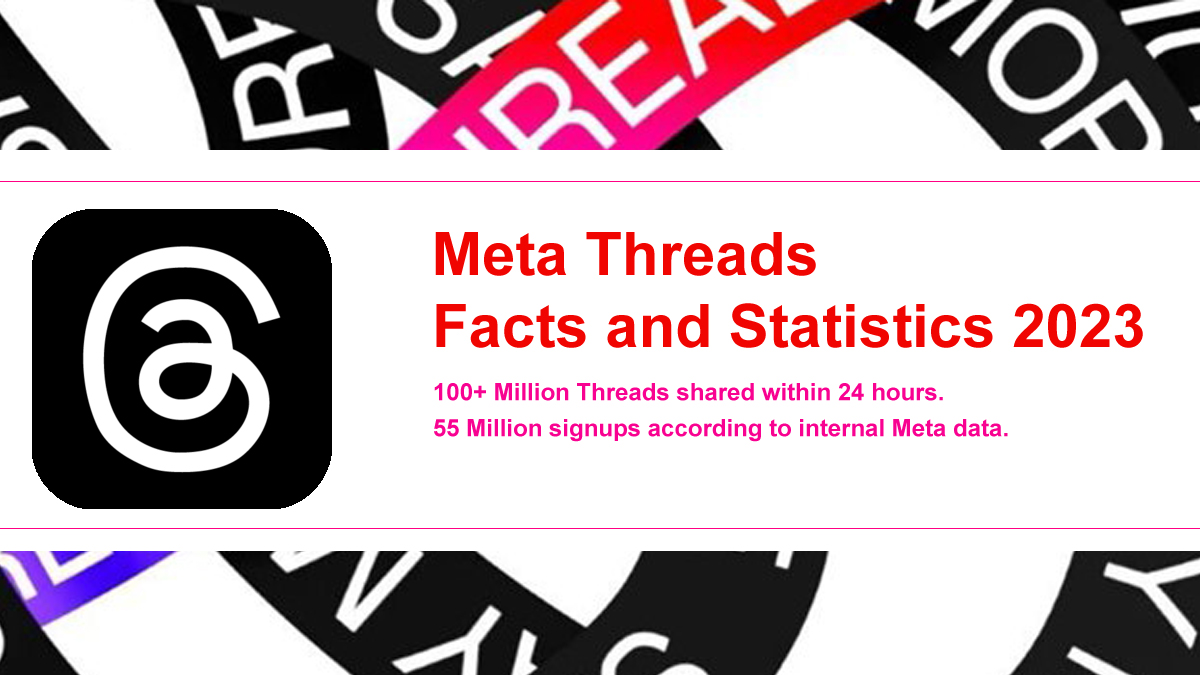Why Job Title Targeting is Your Secret Weapon for Sales Success

Did you know that 45.4% of salespeople miss their quotas because they don't effectively target their prospects? But it goes beyond missed quotas. Every opportunity that slips through the cracks due to poor targeting is, in essence, money left on the table. In fact, research suggests that this inefficiency costs businesses an estimated $1 trillion in potential sales annually. That's not just a loss of revenue; it's a seismic shift in the competitive landscape.
So, what if I told you that there's a secret weapon that can significantly boost your sales success? In the ultra-competitive world of sales, precision is the name of the game. Each interaction with a potential customer is an opportunity, and every opportunity has the potential to translate into revenue. In this high-stakes arena, missing the mark can be a costly affair.
So, What is that Secret Weapon?
Sales quotas are a vital measure of performance, and when nearly half of sales professionals fail to meet them, it's a red flag. But there’s a secret weapon that not only boosts your sales success but also ensures that you not only meet your quotas but surpass them.
This secret weapon is Job Title Targeting. It's a strategy that focuses on reaching the right individuals within organizations, those who hold the keys to purchasing decisions.
Imagine if, instead of casting a wide net and hoping to catch a few fish, you could precisely aim for the biggest fish in the pond. Job title targeting is about precision and efficiency. It's about aligning your sales efforts with those who matter most, those whose decisions can propel your business forward.
In the upcoming sections of this series, we'll explore what job title targeting is, why it's so effective, and how you can leverage this strategy to supercharge your sales efforts. Stay with us as we unveil the secrets of sales success, starting with the foundation of job title targeting.
What Is Job Title Targeting – Benefits and Importance
Job title targeting is not just another buzzword; it's a strategic approach that can revolutionize your sales efforts. In its essence, job title targeting is the practice of tailoring your sales and marketing strategies based on the specific job titles or roles within an organization. It's a precise, laser-focused method that allows you to reach out to the individuals who hold the decision-making power.
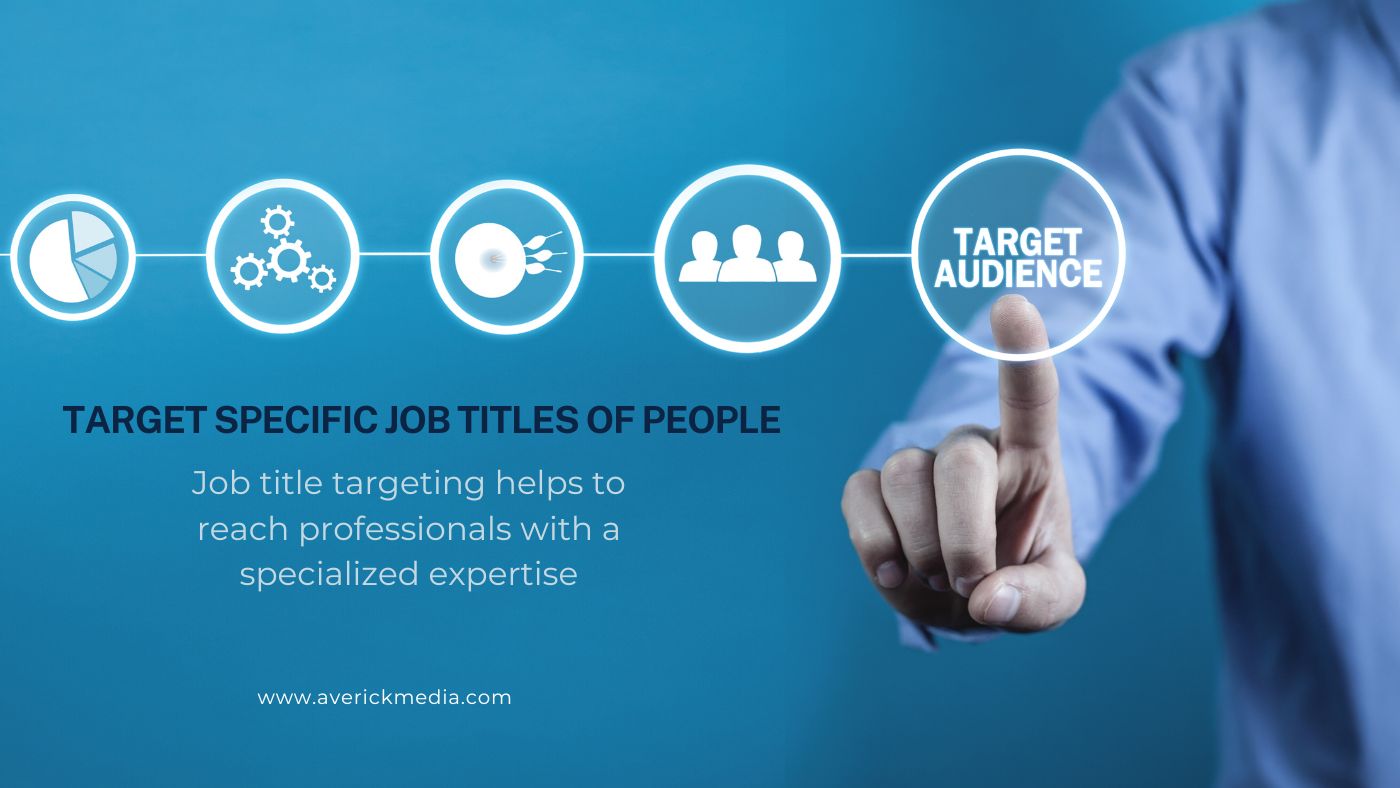
Here's a closer look at what job title targeting entails and why it plays a pivotal role in sales strategies:
- Precision in Targeting: Job title targeting is all about precision. Instead of adopting a broad, catch-all approach, this strategy directs your efforts towards the individuals who can say "yes" or "no" to your offerings. These are the decision-makers who can initiate a purchase or influence the buying process.
- Personalized Engagement: One of the key aspects of job title targeting is the ability to tailor your engagement with prospects. You can craft your message, pitch, and content specifically to address the wants and concerns of individuals in particular roles. This personalization significantly enhances the relevance and impact of your sales efforts.
- Efficient Resource Allocation: In sales, time is money. By focusing your resources on individuals with the authority to make purchasing decisions, you're making the most of your valuable time and energy. This efficiency not only boosts your chances of success but also shortens the sales cycle.
- Better Response Rates: Your chances of securing a "yes" from a decision-maker are significantly higher when you're targeting their job titles directly. Your value proposition is aligned with their responsibilities, which means your offering is more likely to solve their specific problems.
- Competitive Advantage: Many sales professionals still use traditional, less precise targeting methods. By incorporating job title targeting into your strategy, you gain a competitive edge. It's a strategic move that sets you apart in a crowded marketplace.
Now that we've established what job title targeting is let's explore the tangible benefits it brings to your sales endeavors.
- Increased Conversion Rates: By directing your efforts toward decision-makers, you'll see a noticeable uptick in conversion rates. Your pitches resonate with their unique pain points and requirements, making them more likely to commit.
- Shorter Sales Cycles: The efficiency of job title targeting leads to shorter sales cycles. You can bypass the need to navigate through various levels of decision-makers and engage directly with those who matter most.
- Enhanced Trust and Rapport: Personalized engagement fosters trust and rapport. Decision-makers are more likely to engage with someone who understands their role and the challenges they face.
- Data-Driven Decision-Making: Job title targeting relies on data about job titles, roles, and organizational hierarchies. This data empowers you to make informed decisions and adjustments to your sales approach.
Recent Marketing Articles
- An Inside Look at Meta Threads: Statistics and Insights for 2023
- Comprehensive Guide to Types of Sales Channels and Selling Your Product Successfully
- The Importance of a Targeted Biotechnology Industry Email List
- Generate Business Sales Leads With These Tips
- Best Ways to Generate More Business Leads
- How To Use Data In Marketing?
- Best Healthcare Email Lists Providers
- How ChatGPT Will Affect The Future Of SEO?
- How to Spend Your 2023 Marketing Budget: 5 Ways to Succeed This Year
- 10 Must-Know Tips for Marketing Your Law Firm In 2023
- How Buying B2B Data Helps To Close More Deals?
- 10 Tools That Actually Close More Deals
Real-Life Examples And Case Studies That Illustrate The Impact Of Job Title Targeting
While the concept of job title targeting may sound promising, its true power becomes evident when we examine real-life case studies. These success stories highlight how this strategy has transformed sales for various businesses across different industries.
Case Study 1: IBM
IBM, a renowned global technology and consulting company, found itself in a challenging position. They were offering cutting-edge cloud computing services that had the potential to revolutionize the operations of large enterprises. However, they faced a significant roadblock in reaching the right decision-makers within these organizations, those who could not only understand the value of their solutions but also make the crucial purchasing decisions.
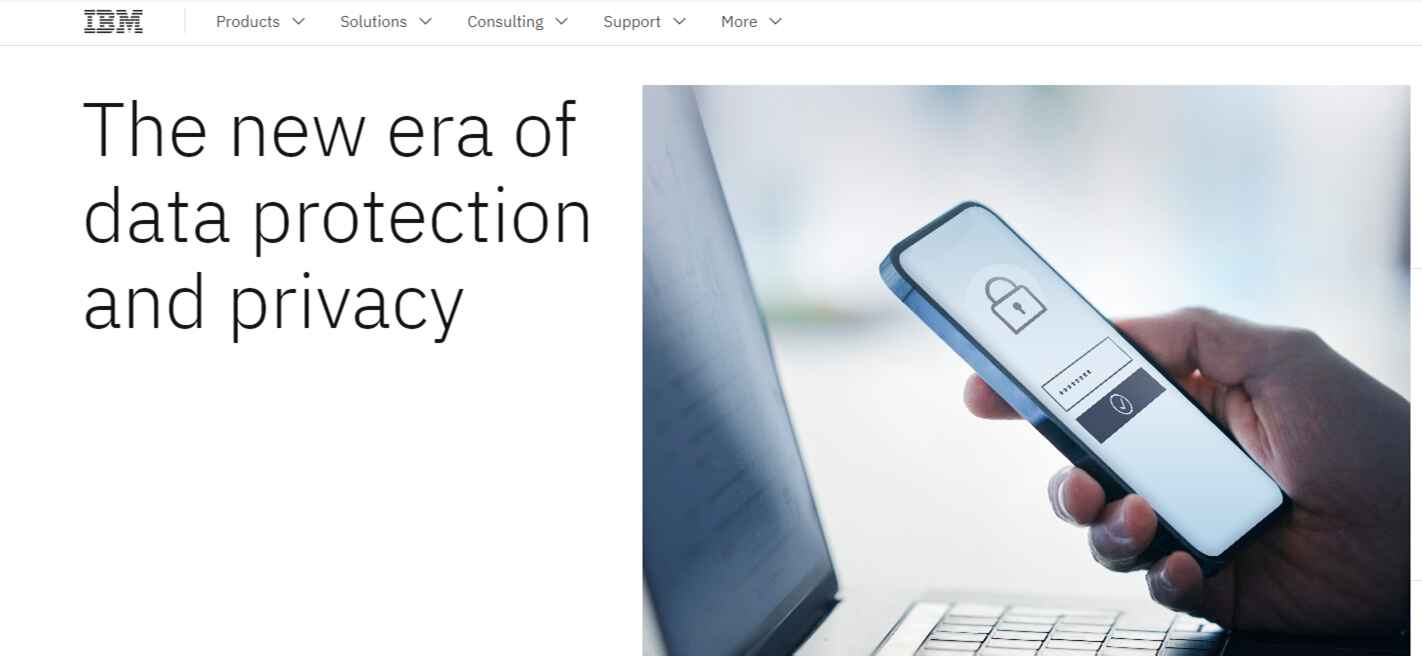
Source: IBM
Challenges Faced
IBM's challenges were twofold: first, their cloud services needed to reach the right audience, and second, they needed to communicate how their solutions could address the unique IT challenges faced by large enterprises. It was clear that a one-size-fits-all approach wouldn't cut it in this highly competitive and specialized market.
Job Title Targeting Strategy
In response to these challenges, IBM formulated a job title targeting strategy that honed in on reaching Chief Information Officers (CIOs), Chief Technology Officers (CTOs), and IT Directors within Fortune 500 companies. This approach involved a carefully crafted process:
- Identification of Key Decision-Makers: IBM's marketing and sales teams meticulously identified the specific job titles and roles within target organizations that held the authority to make IT-related decisions. These were the individuals who could truly comprehend the value and impact of IBM's cloud services.
- Personalization: With the decision-makers identified, IBM went a step further by creating personalized content and presentations. These materials were tailored to address the specific IT challenges these executives faced, such as data security, scalability, and cost-efficiency. Each communication spoke directly to the concerns and objectives of the targeted roles.
- Customized Sales Pitches: IBM's sales team was armed with a toolbox of customized sales pitches that highlighted how their cloud solutions could solve the exact problems faced by CIOs, CTOs, and IT Directors. These pitches were well-researched, data-driven, and persuasive.
Results
The impact of IBM's job title targeting strategy was profound:
- Significant Revenue Growth: By reaching out to the right decision-makers, IBM experienced a substantial increase in revenue generated from their cloud computing services. The strategy not only secured new clients but also led to expanded contracts with existing clients.
- Shortened Sales Cycles: Engaging with high-level decision-makers streamlined the sales process. There was no need to navigate through multiple layers of decision-makers, resulting in quicker deal closures and cost savings.
- Enhanced Brand Reputation: Successful partnerships with Fortune 500 companies bolstered IBM's reputation as a leading provider of cloud services. Their credibility in the market was significantly enhanced.
In conclusion, IBM's job title targeting strategy for their cloud computing services exemplifies the power of precision in sales and marketing.
Case Study 2: Salesforce
Salesforce is a global leader in customer relationship management (CRM) software. They had already established a strong foothold in the market. However, they aimed to expand their market share and increase the adoption of their services among large enterprises, where the competition was fierce.
To achieve this, they needed a highly targeted and effective strategy.
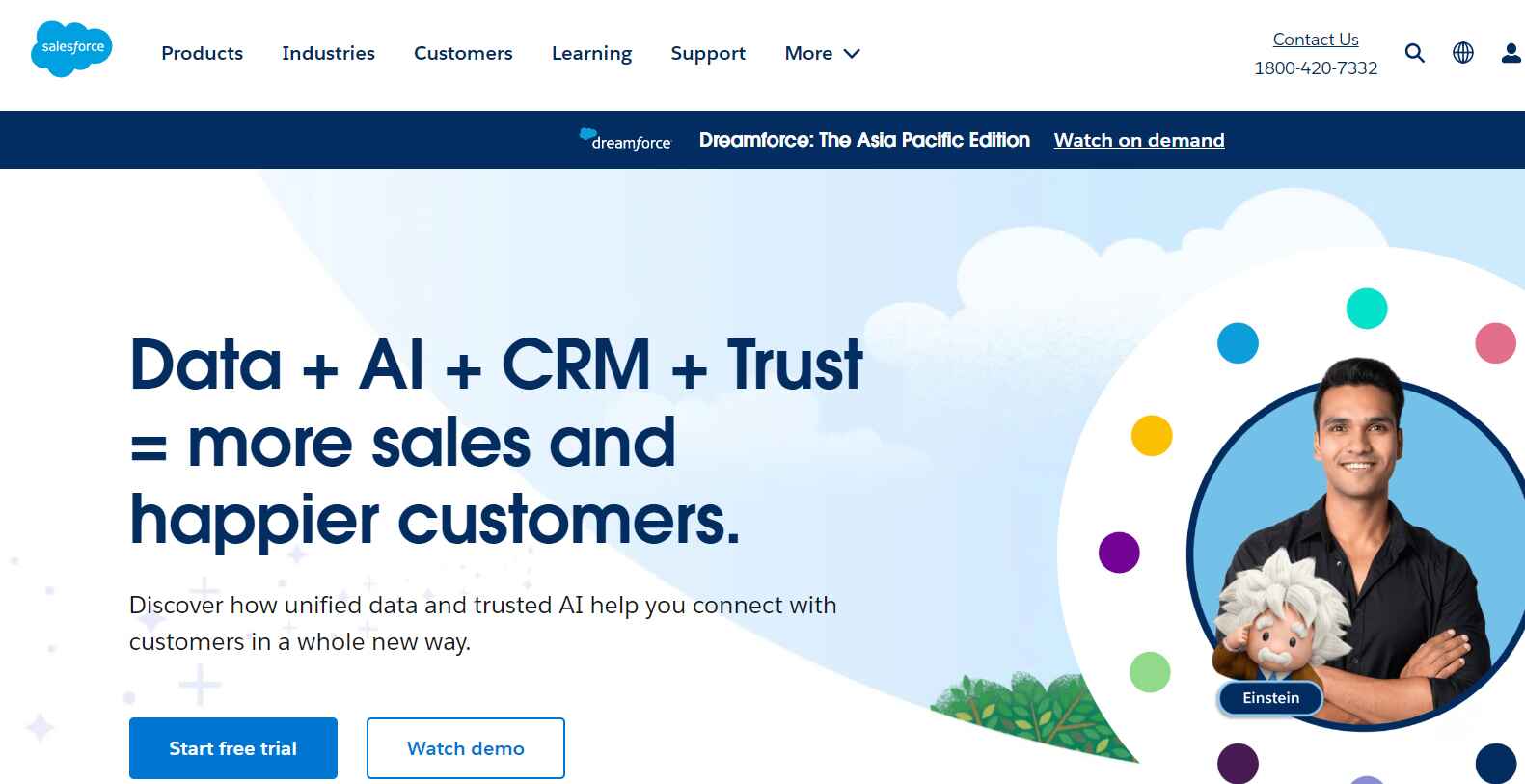
Source: Salesforce
Salesforce faced the challenge of reaching the right decision-makers within large enterprises and conveying the value of their CRM solutions effectively. It was imperative to tailor their approach to address the unique needs and pain points of these organizations, which could vary significantly across industries.
Salesforce devised a meticulous job title targeting strategy to tackle these challenges:
- Identification of Target Roles: The first step involved identifying the specific roles within their target organizations that held the key to CRM software adoption. After extensive research, Salesforce chose to focus on Chief Marketing Officers (CMOs) and Sales Directors. These individuals were not only influential but also intimately involved in customer relationship management.
- Personalized Content: Salesforce embarked on creating personalized content, solutions, and case studies. The content was meticulously designed to demonstrate how their CRM software could address the unique needs and challenges faced by CMOs and Sales Directors. This included industry-specific case studies showcasing successful CRM implementations.
- Industry Expertise: Salesforce's sales and marketing teams positioned themselves as industry experts, showcasing a deep understanding of the nuances of various sectors. Their tailored approach reflected an awareness of the specific industry trends and challenges that CMOs and Sales Directors grappled with.
Results
- Market dominance
- Higher adoption rates
- Revenue growth
Job Title Targeting Best Strategies in 2024
1. Identifying Your Ideal Customer Profile (ICP)
In the complex world of sales and marketing, success hinges on a profound understanding of your audience. You must not only identify who your ideal customers are but also figure out how to connect with them. This is where the Ideal Customer Profile (ICP) becomes indispensable, serving as the bedrock upon which your sales strategy is built. Your ICP acts as a compass, guiding your efforts to zero in on the right prospects, maximizing your chances of success.

Here are some potential benefits:
- Precision in Targeting: Creating an ICP helps you avoid the costly mistake of taking a one-size-fits-all approach to sales. Instead, it allows you to hone in on a specific, highly-relevant audience.
- Efficiency: By focusing your efforts on those who are most likely to convert, you can use your resources efficiently, saving time and money.
- Improved Messaging: Knowing your ICP inside and out enables you to craft compelling, resonant messaging that speaks directly to their concerns and goals.
Job Title Specific Email List
2. Leverage technology
In the ever-evolving landscape of sales and marketing, leveraging advanced tools and technologies is crucial to stay ahead of the curve. When it comes to job title targeting, two key elements come to the forefront: Customer Relationship Management (CRM) software and marketing automation tools. These sophisticated resources empower businesses to reach the right decision-makers effectively, saving time and resources, and ultimately boosting their conversion rates.

Source: Great.gov.uk
Here's how-
- Customer Relationship Management (CRM) software: This serves as the central hub for organizing, managing, and understanding your customer data. They enable businesses to create a comprehensive repository of customer information, including job titles, roles, preferences, and interactions.
Here's how CRM software aids in job title targeting:
- Data Centralization: CRM software aggregates information about your leads and contacts, allowing you to easily filter and sort them based on job titles and roles within organizations.
- Lead Scoring: CRM systems often include lead scoring functionality, which assigns scores to leads based on their job titles, engagement levels, and other criteria. This helps prioritize leads for more personalized outreach.
- Segmentation: You can segment your leads and contacts based on their job titles, making it effortless to tailor marketing campaigns and sales efforts to address the specific concerns and needs of decision-makers.
- Marketing Automation: These technologies automate and streamline various marketing tasks, enabling businesses to reach out to prospects efficiently.
Their key roles include –
- Lead Nurturing: Marketing automation platforms can nurture leads over time through automated email sequences. By understanding the job titles and roles of your leads, you can deliver content and messages tailored to their needs.
- Behavior Tracking: These tools track the online behavior of your leads, providing insights into their preferences and interests. You can use this data to customize your messaging and content.
- Lead Scoring: Similar to CRM software, marketing automation platforms often offer lead scoring capabilities. This allows you to prioritize leads with specific job titles for more focused engagement.
- Multi-Channel Marketing: Marketing automation extends beyond email and enables you to target specific job titles through various channels, such as social media, web personalization, and online advertising.
- Workflow Automation: You can set up automated workflows that trigger actions based on a lead's job title or behavior. This ensures that your outreach is timely and relevant.
3. Get a Customized Email List

In the age of information, obtaining accurate and up-to-date contact details is critical for businesses looking to engage with their target audience effectively. There is no shortage of options for acquiring contact information, ranging from web scraping to in-house research, but when it comes to reliability and accuracy, there is a clear frontrunner: certified data providers.
Certified data providers are organizations that specialize in the collection, validation, and distribution of contact information. They have a proven track record of delivering high-quality data, making them a preferred choice for businesses seeking to enhance the impact of their outreach efforts.
Not to mention, they offer the flexibility to create highly targeted lists based on specific criteria. Whether businesses want to reach decision-makers in a particular industry or individuals with specific job titles, these providers can deliver tailored datasets.
4. Avoid Common Mistakes
Job title targeting is a powerful strategy for sales and marketing, but it's not without its pitfalls. To make the most of this approach, it's crucial to be aware of common errors and avoid them.

Here are some prevalent mistakes to steer clear of:
- Overlooking Data Quality: One of the most common errors in job title targeting is relying on data that is outdated or inaccurate. Using contact information that's no longer valid or targeting the wrong job titles can waste time and resources. It's essential to regularly update and verify your data sources to maintain data quality.
- Neglecting Persona Development: Job titles alone don't always reveal the full story. Neglecting to develop detailed buyer personas can lead to missing out on vital insights. Understanding the challenges, motivations, and pain points of individuals behind the job titles is crucial for crafting personalized and effective messaging.
- Being Too Broad: Targeting too wide a range of job titles can dilute the effectiveness of your strategy. While it's essential to be flexible in your approach, casting too wide a net can make your messaging less relevant and result in lower conversion rates. Focus on the job titles that align most closely with your ideal customers.
- Ignoring Industry Specifics: Different industries may have different expectations and requirements for job titles. Ignoring these nuances can lead to messaging that doesn't resonate. Tailor your approach to the specific industry, understanding how job titles are structured and what roles entail.
- Not Adapting to Changing Roles: Job titles and roles can evolve rapidly, particularly in dynamic industries like tech. Not staying up to date with these changes can result in misdirected efforts. Regularly review and adjust your targeting to reflect shifting job landscapes.
- Focusing Solely on Job Titles: While job titles are a key part of job title targeting, they don't provide the full picture. Relying exclusively on job titles can lead to missed opportunities. Consider other factors such as company size, industry, and behavior in your targeting strategy.
5. Measuring Success

Effective job title targeting is not a set-it-and-forget-it strategy; it requires ongoing evaluation and optimization to ensure that your efforts are yielding the desired results. To gauge the success of your job title targeting endeavors, you need to monitor key metrics that provide valuable insights into your campaign's performance. These metrics help you assess the impact, efficiency, and ROI of your targeting efforts.
This includes –
- Conversion Rate, Click-Through Rate (CTR), Lead Quality, Return on Investment (ROI), Cost Per Acquisition (CPA), Engagement Rate, Sales Cycle Length, Customer Lifetime Value (CLV), Churn Rate, A/B Testing Results, Email Open and Click Rates, Social Media Engagement.
Regularly analyzing these data points allows you to adapt and refine your strategy, ensuring that you are reaching the right decision-makers and maximizing the impact of your campaigns.
Wrap-Up
Successful job title targeting is not a passive strategy; it requires continuous monitoring and optimization. It's a dynamic journey that requires more than just hitting the bullseye – it demands hitting the right bullseye.
Explore the strategies discussed here and engage with the right audience. More than just numbers, these metrics offer actionable insights, guiding sales and marketing efforts towards genuine, lasting success. Remember, the strength of any strategy lies not just in its execution but also in its evaluation. So, as you venture into the realm of job title targeting, let these metrics be your guide, leading you to informed decisions and impactful results.
However, If you find yourself facing any challenges or gaps in your strategies, there's no need to worry – we're here to support you. At AverickMedia, we provide dependable B2B solutions that can alleviate your marketing concerns. You have the opportunity to build contact lists consisting of thousands of opt-in customers solely based on job titles. In fact, you can also fine-tune your targeting by considering other factors such as the organization they are affiliated with, their salary, location, years of experience, and more. Simply get in touch with us, and we'll be more than prepared to provide you with the details you need.
